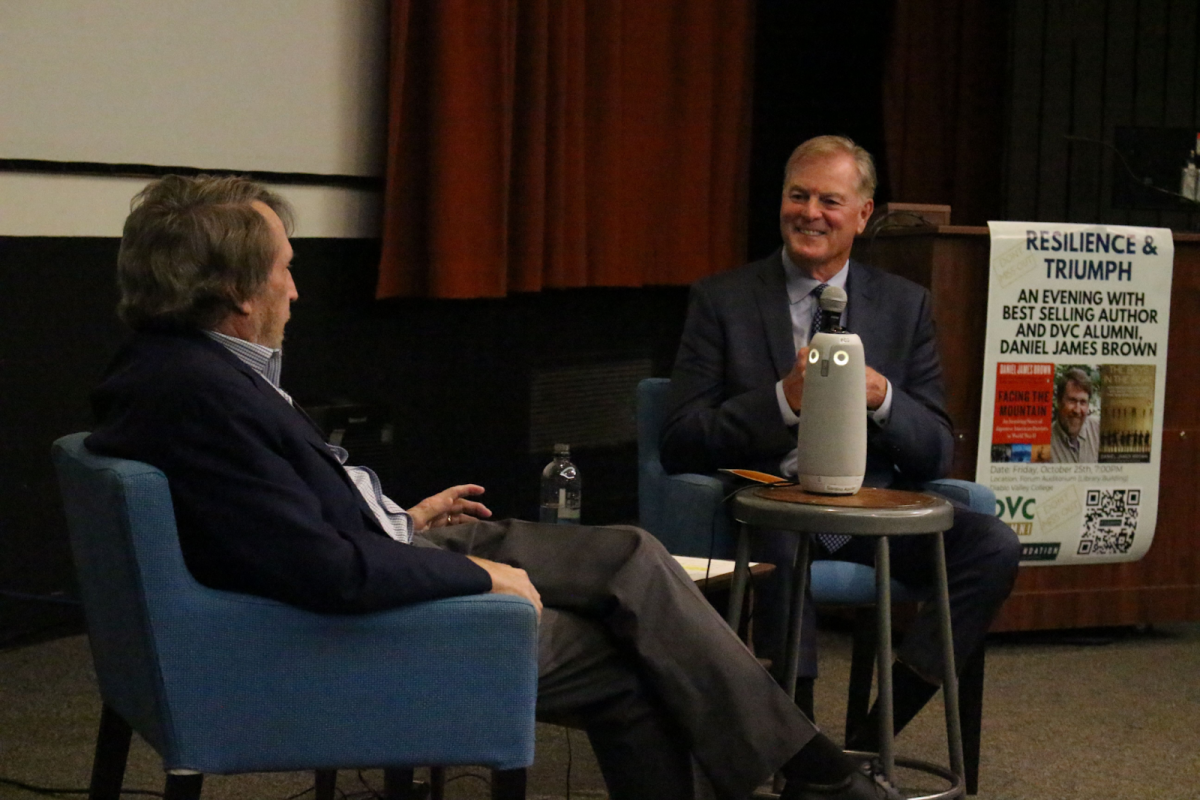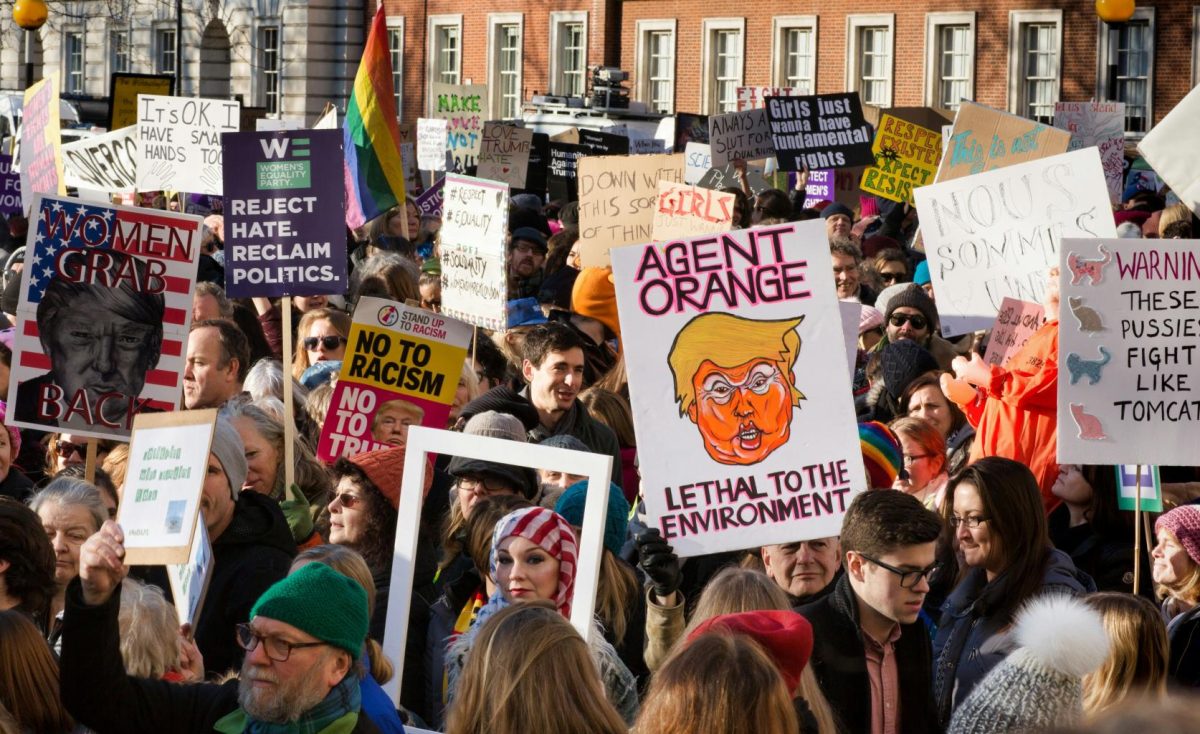Our world is growing. Ever since the dawn of the twentieth century, technological advances have been coming to society faster and faster right up until today. Nearly limitless webs of knowledge are readily available to us and it’s that web – let’s call it the internet – that our world revolves around. What some may have called a “fad” in the nineties has become an important foundation in how we communicate and organize ourselves as a society. Much like the dawn of printed newspapers the internet has been an important tool in the unification of different types of people. Between the ability to instantaneously self-educate as well as connect with others the potential has proven itself beyond many initial expectations. There are few in this nation that would give up this right to information and communication, so why deny it to others that aren’t in the country?
Take a look at the Middle East. After decades of unrest and near-tyrannical rule, chaos has finally erupted and sweeping protests for revolution have begun. The people of Egypt were able to oust their president, Hosni Mubarak, who had been in power for three decades in a span of less than two months. However, it’s hard to imagine how things would have went if they didn’t have access to the internet. Even when the Egyptian government shut down access, there were plenty of people who were technology-savvy enough to find workarounds and manage to log onto Facebook or Twitter and spread word of what was happening. Google played a huge role, creating a system in which protesters could call a number to upload a post onto Twitter simply by saying it, Google would do the rest and transcribe it into text.
It’s hard for us to imagine someone who doesn’t know what the internet is and what it can do, but I don’t think it’s a stretch. There are millions of people who have something to say to the world but simply can’t. If social networking sites had such an impact on areas such as the Middle East, I think it’d be a fair assumption to say that it could have similar effects on places that aren’t as exposed to such media. Giving internet to these places is important; allowing people access to a place where they can air their grievances about unfair treatment is an important step towards gaining a voice. If the people of Egypt didn’t express their voice, their protests would not have been nearly as effective as it was.











































































